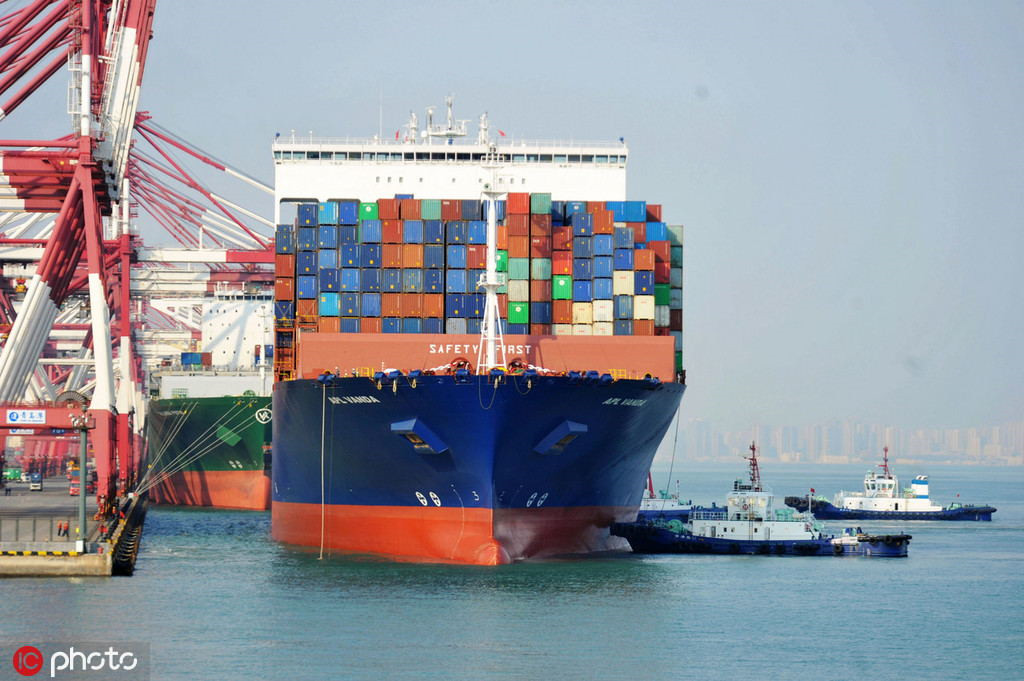US tariff addiction: a cause of concern to global economy


BEIJING - Since the beginning of 2018, the United States, carrying the flag of "America First," has been enthusiastic about wielding the tariff stick against its trade partners including Mexico, Canada, the European Union (EU), Japan and China.
The US addiction to tariff, denounced by many as a protectionist and unilateralist approach, has become a cause of concern to the US as well as the global economy.
Shooting in all directions
The US government has been playing tough with all countries that it claimed are treating the United States unfairly.
On June 1, 2018, Washington unilaterally slapped a 25-percent tariff on steel imports and 10 percent on aluminum, provoking retaliation from trading partners including Canada, Mexico and the EU.
On April 8 this year, it threatened again possible tariff hikes against a number of EU products in the civil aviation sector.
On May 6, the US government said it would begin imposing a 17.5-percent tariff on imported Mexican tomatoes.
Besides, Japan had been in Washington's cross-hairs for its exports of automobiles and car parts to the United States.
And the White House has been especially aggressive towards China. Since March 2018, the US government has repeatedly raised tariffs on China imports, forcing the Asian country to fight back in similar tariff hikes.
While Beijing has demonstrated utmost sincerity in resolving the trade problems, Washington has kept seeking unreasonable gains by imposing maximum pressure, which was the fundamental factor behind the failure to reach a deal between the two countries after 11 rounds of high-level economic and trade consultations.
In an opinion piece, Martin Wolf, chief economics commentator at the Financial Times, wrote that the US government believes in "transactions over alliances, bilateralism over multilateralism, unpredictability over consistency, power over rules and interests over ideals."



































